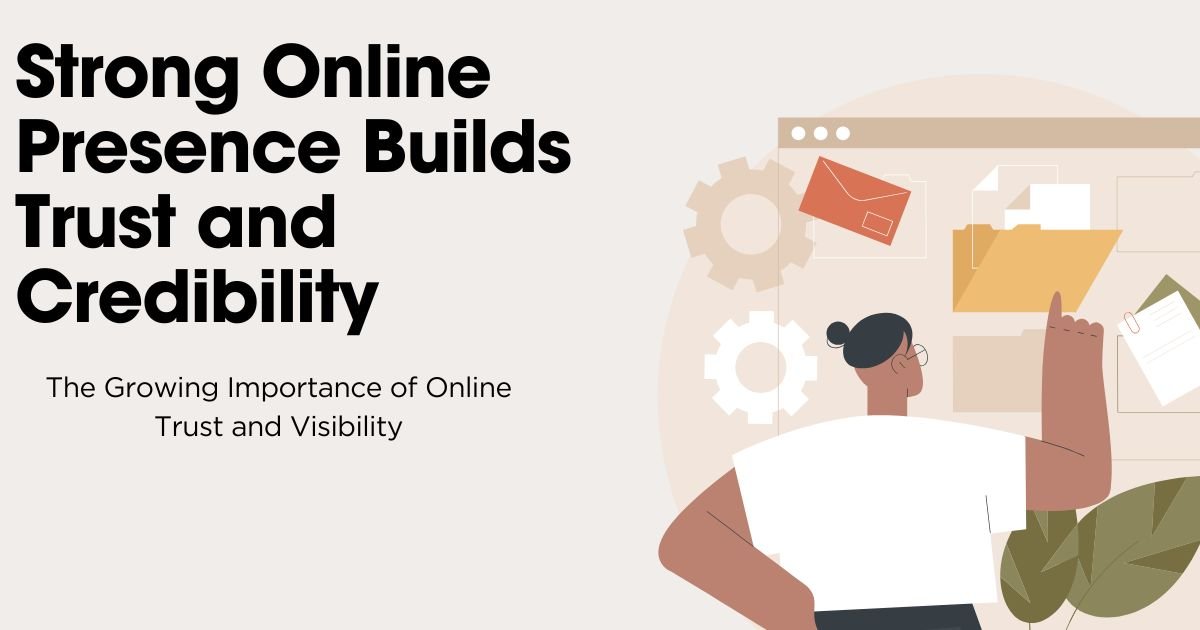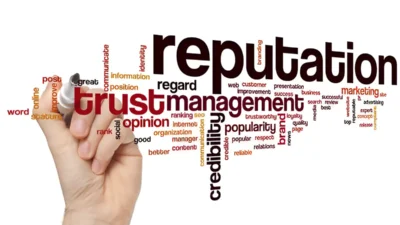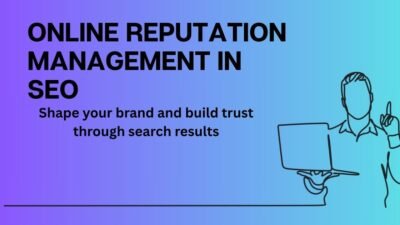Your reputation matters, especially in the digital world where opinions and reviews spread faster than ever before. Online Reputation Management (ORM) is the practice of shaping public perception about an individual, business, or brand by influencing online information. From customer reviews to social media mentions and news articles, ORM ensures that the narrative reflects your values, quality, and trustworthiness.
This blog will explore why online reputation management is so important, how it impacts businesses and individuals, key strategies to maintain your reputation, and proactive tools that can help. We’ll even share real-life case studies to illustrate the power of an effective ORM strategy. If you’re serious about controlling your narrative online, read on.
Why Online Reputation Matters
First Impressions Formed Online
Picture this: a potential customer Googles your business. What shows up in the search results? Positive reviews, endorsements, and glowing praise will instill trust, while negative comments or a lack of information will likely drive them away. Studies show that 95% of consumers check reviews before making a purchase, and businesses with two or more negative reviews on the first page of search results risk losing 44% of potential customers.
Trust and Credibility Are Key
Whether you’re a business or an individual, your reputation directly impacts trust. For companies, it can dictate customer loyalty, attract investors, and retain quality employees. For individuals, especially professionals, a strong online reputation can lead to better career opportunities and networking possibilities.
Financial Impact
Reputation isn’t just about perception; it has a substantial financial impact. A single bad review can cost small businesses thousands of dollars. For larger companies, reputation crises have led to plummeting stock prices and long-term brand damage. Protecting your reputation is protecting your bottom line.
Key Elements of Online Reputation Management

1. Monitoring Your Brand Online
The first step in managing your online reputation is being aware of what’s being said. Here’s how to stay updated:
- Social Listening Tools (like Mention or Brand24): Monitor mentions of your brand on platforms like Twitter, Instagram, and Facebook.
- Google Alerts: Get notified whenever your name or business is mentioned online.
- Review Aggregators (e.g., Yelp, TripAdvisor): Track customer reviews for your products or services.
Constant vigilance allows you to address issues before they spiral out of control.
2. Responding Effectively
A key element of ORM is how you respond to feedback, both positive and negative.
- Positive Feedback: Always thank reviewers and engage with happy customers to build stronger relationships.
- Negative Feedback: Address concerns professionally and promptly, offering solutions where possible. This demonstrates accountability and may even turn critics into loyal customers.
3. Reputation Repair
Sometimes, despite your best efforts, issues arise. Employ the following strategies to repair online reputation damage:
- Bury Negative Results with Positivity. Publish positive content like testimonials, blog posts, or success stories to push negative results farther down in search rankings.
- Work with reputation management firms to remove inaccurate or harmful content where possible.
Being proactive and transparent during a reputation crisis goes a long way in mitigating damage.
Tools to Manage Your Online Reputation
Several tools and services are designed specifically to help individuals and businesses stay on top of their online presence. Here are some popular options:
- Google Alerts (Free): Tracks mentions of your name, brand, or keywords you specify.
- Hootsuite (Paid): A comprehensive social media monitoring tool that lets you manage comments, mentions, and interactions in one place.
- Reputation.com (Enterprise-Level): A full-service ORM platform designed for businesses that integrates monitoring, reporting, and repair strategies.
- Trustpilot (Business): Collects customer reviews and highlights your credibility.
Using these tools ensures you can manage your reputation efficiently, even in a fast-moving online environment.
Proactive vs Reactive ORM
Proactive Online Reputation Management
Proactive ORM is about preventing problems before they arise. This strategy includes:
- Publishing original, high-quality content like blogs, guides, and press releases to establish credibility.
- Building strong relationships with your customers so they’re more likely to leave positive reviews or defend your brand.
- Being transparent to avoid misunderstandings or controversies.
Reactive Online Reputation Management
Sometimes, you’ll need to address reputation issues as they emerge. This approach includes:
- Quickly responding to criticism or negative reviews with diplomacy and professionalism.
- Working with legal specialists or ORM agencies to resolve serious cases like defamation or false claims.
- Public relations (PR) campaigns to rebuild trust.
By having a balanced mix of proactive and reactive strategies, you can safeguard your online reputation in the long term.
Take Control of Your Online Presence
Your online reputation is not optional; it’s a crucial aspect of modern business and personal branding. By monitoring your brand, responding to feedback, leveraging the right tools, and balancing proactive and reactive strategies, you can protect your online presence and even turn it into a competitive advantage.
Whether you are a business hoping to increase customer trust or an individual looking to boost career prospects, online reputation management is your foundation for success. Start by assessing your online presence today and take those first steps toward better control of your narrative.
For targeted B2B growth, discover how account-based marketing services drive business success.





